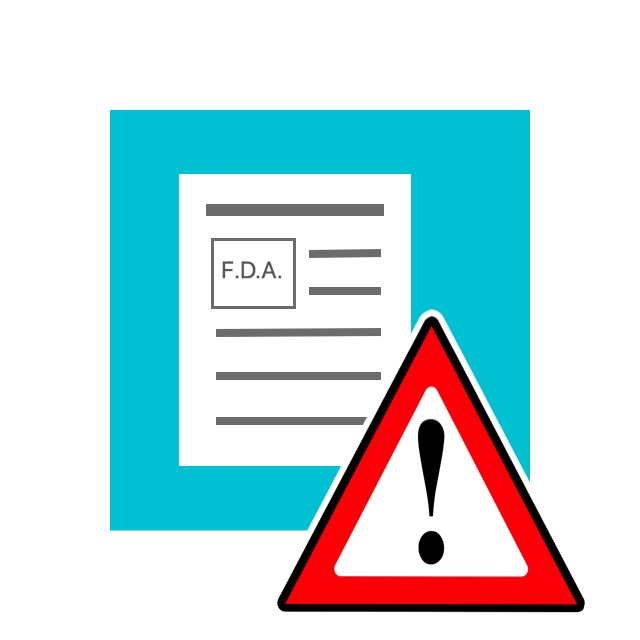
EATING peanuts that have been boiled in water could cut the risk of life-threatening reactions in those who are allergic, according to researchers at Imperial College London, who are now testing the approach in a trial.
READ ARTICLE HIDE ARTICLE
Boiling peanuts for 20 to 30 minutes washes out some of the proteins that can trigger often fatal responses – and which remain for example after roasting.
Once the nuts have been boiled and cooled, they are fed under medical supervision to those with a peanut allergy. This is in minute quantities at first – a few crumbs every few weeks – but is increased to six to eight whole peanuts at a time over the course of a year.
This technique is a type of oral immunotherapy, which is used to desensitise the immune system to the presence of a protein in peanuts in the diet and not overreact – one of the hallmarks of a severe allergic reaction.
Oral immunotherapy is already available on the NHS for peanut allergy, using specially prepared flour made from roasted peanuts. Although it can be very successful (it prevents allergic reactions in 60-80 per cent of patients, studies show), the flour can still cause significant side-effects, including anaphylactic shock, as it contains the same proportion of harmful proteins as the nuts themselves.
As a result, only a handful of specialist NHS centres offer the therapy. In addition, the flour costs more than £3,000 for a year's supply.
Scientists from Imperial College London say boiling peanuts will be a safer option with fewer side-effects because it reduces the proportion of the harmful proteins – and is cheaper, too, as it simply involves boiling shop-bought peanuts (although this should not be tried at home).
Around one person in 100 in the UK has an allergy to peanuts. When the immune system comes into contact with any peanut protein, it treats it as a threat and releases large amounts of chemicals designed to rid the body of what it thinks is a dangerous invader. This rapidly triggers the symptoms of an allergic reaction.
In 2019, the team from Imperial presented the results of a small study of the boiled peanut therapy to a conference in San Francisco. This involved 47 children with peanut allergies – just over half were fed increasing amounts of the nuts over a 12-month period, while the rest avoided nuts altogether.
A year later, all the patients on the boiled nuts were able to safely consume up to eight whole peanuts at a time without experiencing any major symptoms. Those on the avoidance diet remained highly sensitive to nut proteins.
The team is setting up a larger trial to see how boiled peanuts compare with peanut flour in terms of effectiveness and safety. Results are expected later this year.
If adopted as a therapy, the boiled peanuts would be given under medical supervision, as there is still a risk of a severe reaction.
Meanwhile, breastfeeding mums who eat peanuts could help to reduce their babies' risk of an allergy, according to the Journal of Development Origins of Health and Disease.
Scientists at Manitoba University, Canada, studied 2,759 mother-baby pairs and found 6 per cent of infants were sensitive to peanuts if they were not exposed to them through diet in the first few years of life. If fed small amounts regularly, this dropped to 1.9 per cent – and if they were also exposed to peanut protein through their mother's breastmilk, it fell to 0.3 per cent.
Learn More from The Irish News





